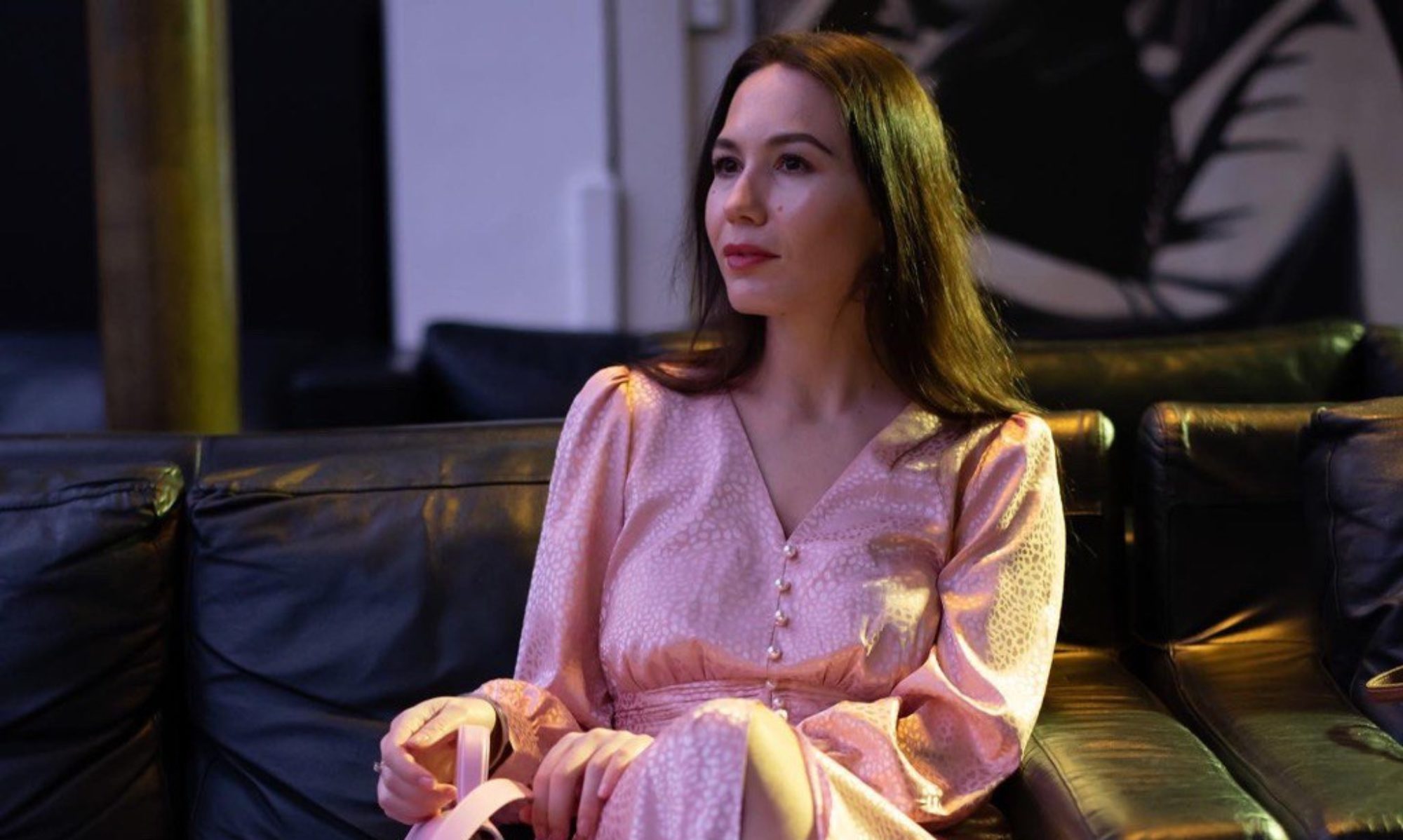March 2021 on social media was rich in memories and resolutions drawing the annual line of covid-19 all over the world.
One year ago, right after the Milan Fashion Week 2020, the global pandemic established new rules in the fashion industry. The drastic shift towards digital and virtual reality has changed the traditional activities of all industry stakeholders. Unlike in February 2020, the recent Fashion Week in Milan (MFW-2021) was no longer surprising in its fully digital context. Yet, only a few shows happened offline between two periods of restrictions. Globally, the “new reality” has been displayed throughout the limited number of guests and fashion establishment: meanwhile, some brands made the physical shows for one guest (celebrity) only inviting the rest of followers to join the Instagram broadcast (Chanel), when others created a fully digital celebrity front row. Also, some fashion houses instead of the runway format preferred the short movies with their collections (Dior, By Far, Versace) sometimes in normally unreachable places (YSL) and few jumped into the virtual reality 3D showcasing.
Overall, the industry adjustment has had an impact on the work and activities of all the players, including the fashion bloggers who before the crises were the key social media figures of the fashion events.
It is clear that in those circumstances fashion bloggers as small business owners were forced to find new opportunities during Covid-19. That’s why I invited two fashion protagonists (Bella and Gisele) to share their professional insights on “after Covid” fashion blogger career challenges. One of these two bloggers is Bella Zofia (@bella_zofia, www.bellazofia.com), a fashion blogger from Switzerland.
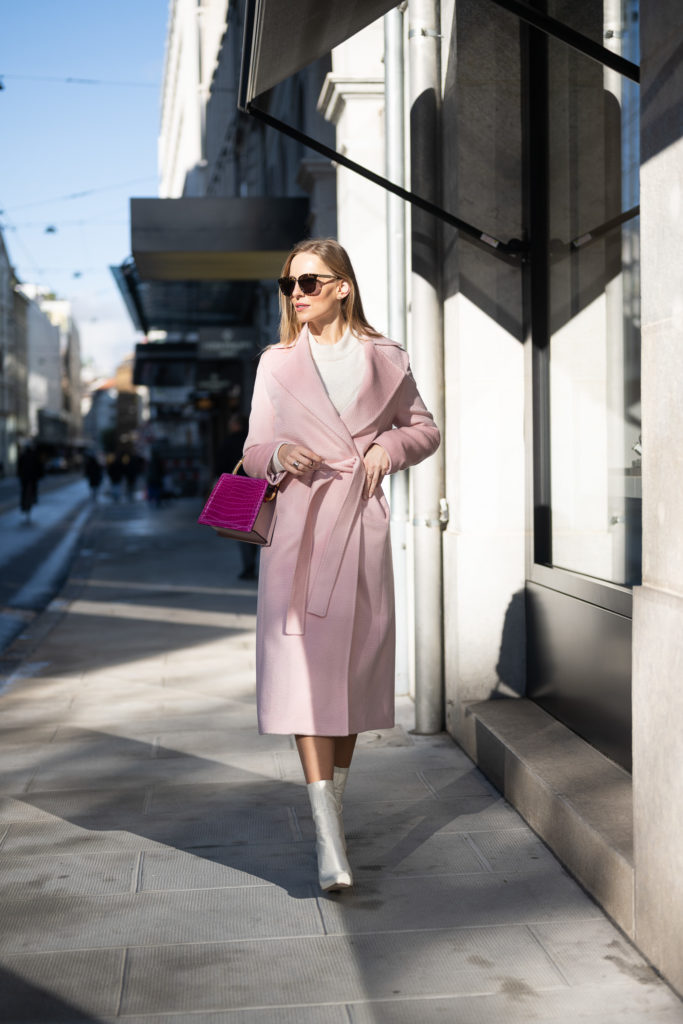
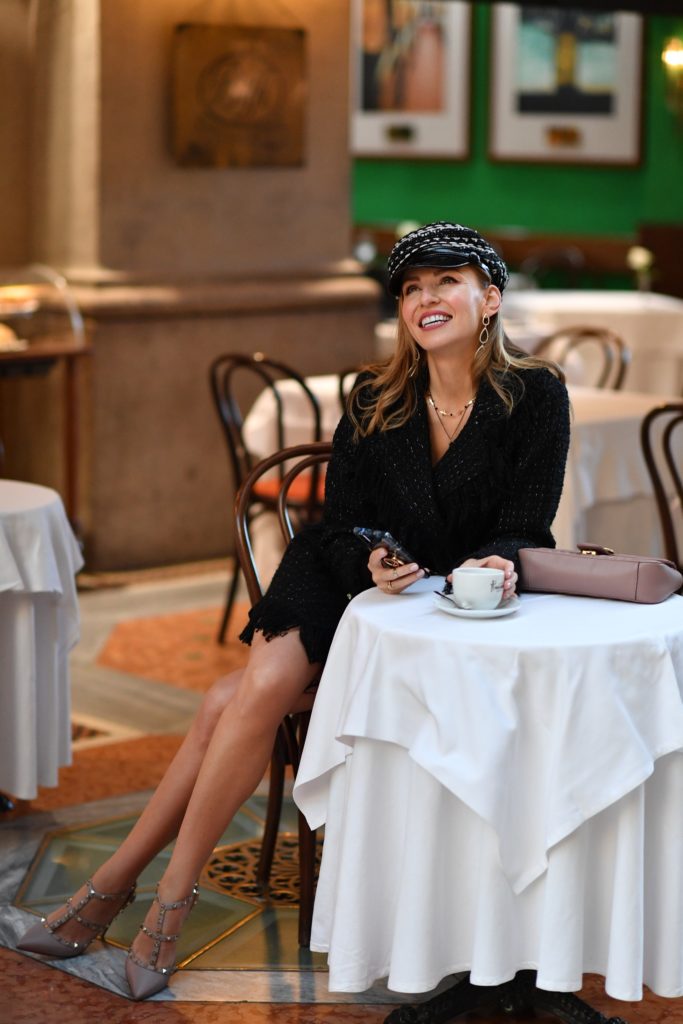
Bella believes that there is not much space left for micro-influencer work, moreover, even macro-influencers activities are reduced. She points out that the pandemic had a strong impact on her work, also because before the crises, she has been working a lot during major International events like fashion weeks, films festivals (i.e. Cannes) or Geneva Motor Show. Due to Covid-19 some of these events were completely cancelled or reduced to their digital versions. The lack of events forced Bella to change the entire approach to her professional activities. For instance, during the lockdown, the only way for her to organize the events was online. Basically, before September-October 2021 she has been creating mostly online and local content and only the first offline fashion weeks in September gave an opportunity to start travel content again.
“It (the events – editor`s note) was always a wonderful occasion to grow new audience, meet other content creators and have a real experience with discovering the brand or their new line. On the other side, I am also the owner of fashion shows production company and organizing fashion events was one of my main activities before the lockdowns.” – says Bella.
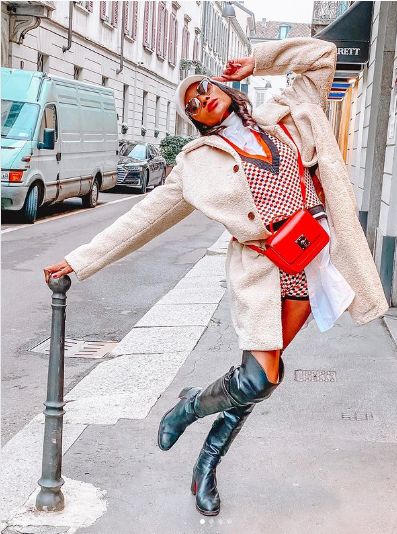
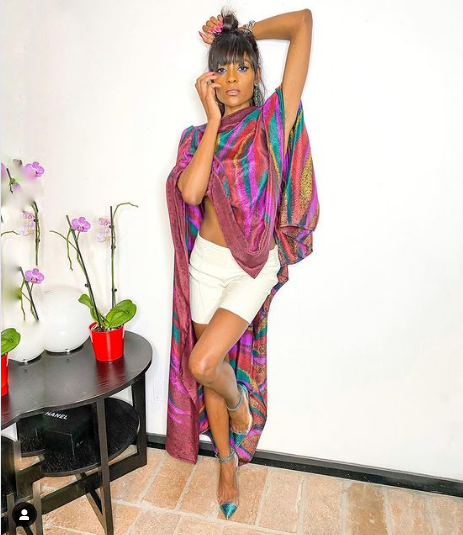
Gisele (@giseledeassis – Instagram, Gigi Sabe – Youtube) – a blogger, YouTuber and Dj from Milan, states that the lack of events did not impact her work because right before the first lockdown she has collected a lot of content materials for her Instagram and YouTube channel from Paris, Milan and New York fashion weeks and she was able to continue creating her content from home.
“I had more time to dedicate myself to my content, so I felt an increase in subscribers on my channel, and engagement on my Instagram. In March 2020 I had 3.800 subscribers on my channel. Today I have 20.200 subscribers.” – says Gisele.
Nevertheless, Gisele admits that until July and September the working activities were slower but during these months she was able to work and participate in some events during Milan Fashion Week.
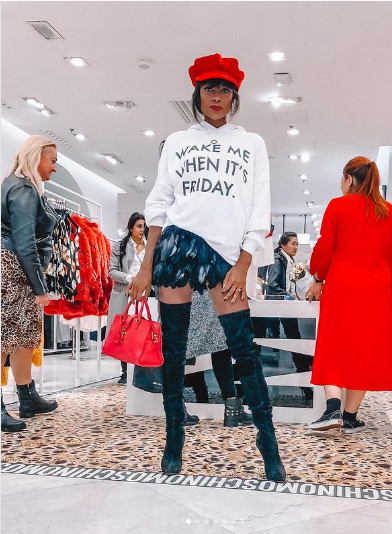
Interestingly, both bloggers agree on the neutral effect of pandemic crises on their social media follower`s interest/interactions. They explain this by the fact that before the lockdown the follower growths have been related to the travels and events, and after – due to staying home and showing their daily personal activities, which also reasoned a massive growth of followers.
“Luckily, I am still growing on a slower, but consistent basis. However, I could see that real events were always generating a spike of following overnight, which is not the case for me anymore.” – says Bella.
“In reality, the lack of events impacted me more financially than with my number of followers, since I also work as a DJ” – says Gisele.
According to the Vogue Business review, the mentioned above “search for new opportunities” was not an easy game for all fashion bloggers: consumer behaviour due to the global crises was unpredictable and requesting. The same situation happened with fashion brands and retailers, which are going to feel the financial impact of the pandemic for years. Brands prefer to invest in social campaigns over offline events with bloggers in order to minimize financial and health risks because the return on investment is similar.
“Before pandemic, I had few long-term contracts signed for advertising products mostly during luxury, international events, that I was attending. These contracts were put on freeze along with the pandemic. It didn’t affect that much my personal relations with brands or wonderful people who were my contacts, but it affected many other aspects.” – says Bella, adding that many brands rely a lot on social media campaigns, nevertheless they are induced to adapt it a lot to the current circumstances.
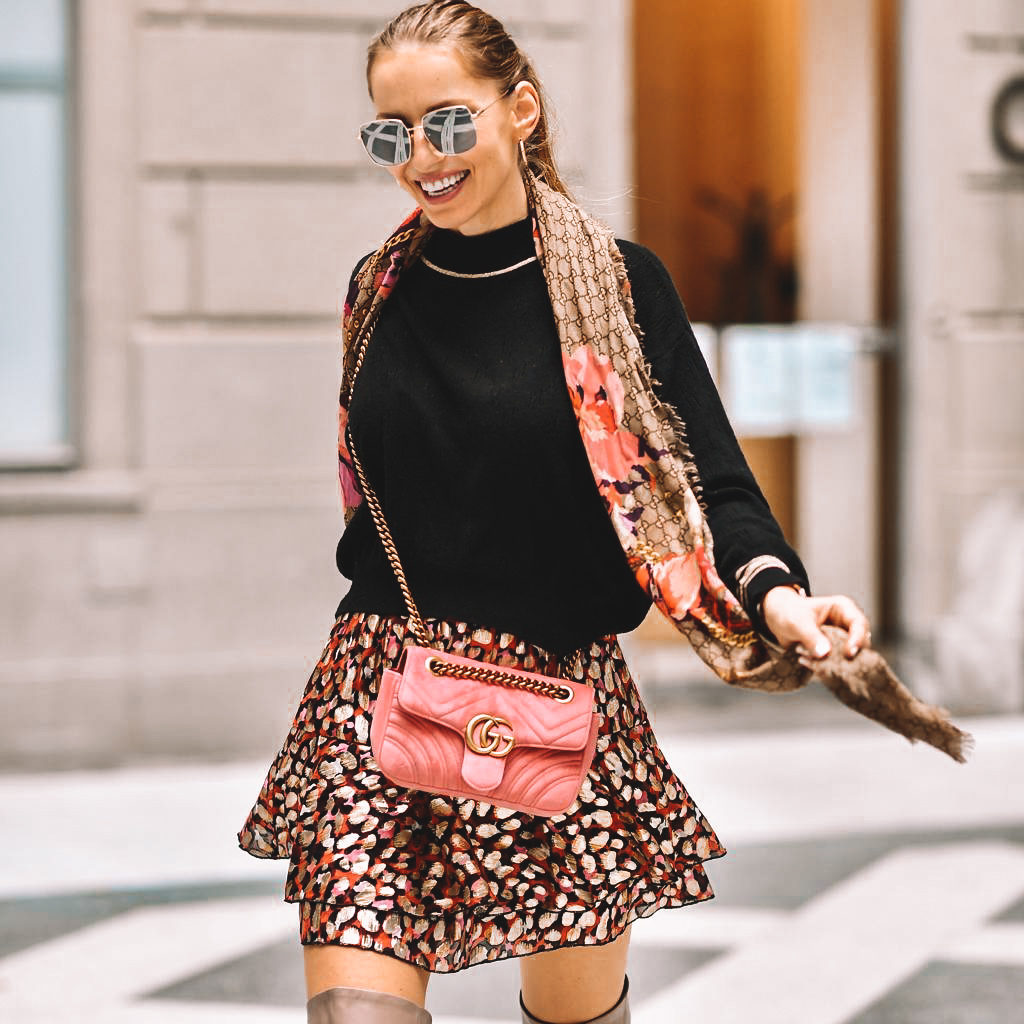
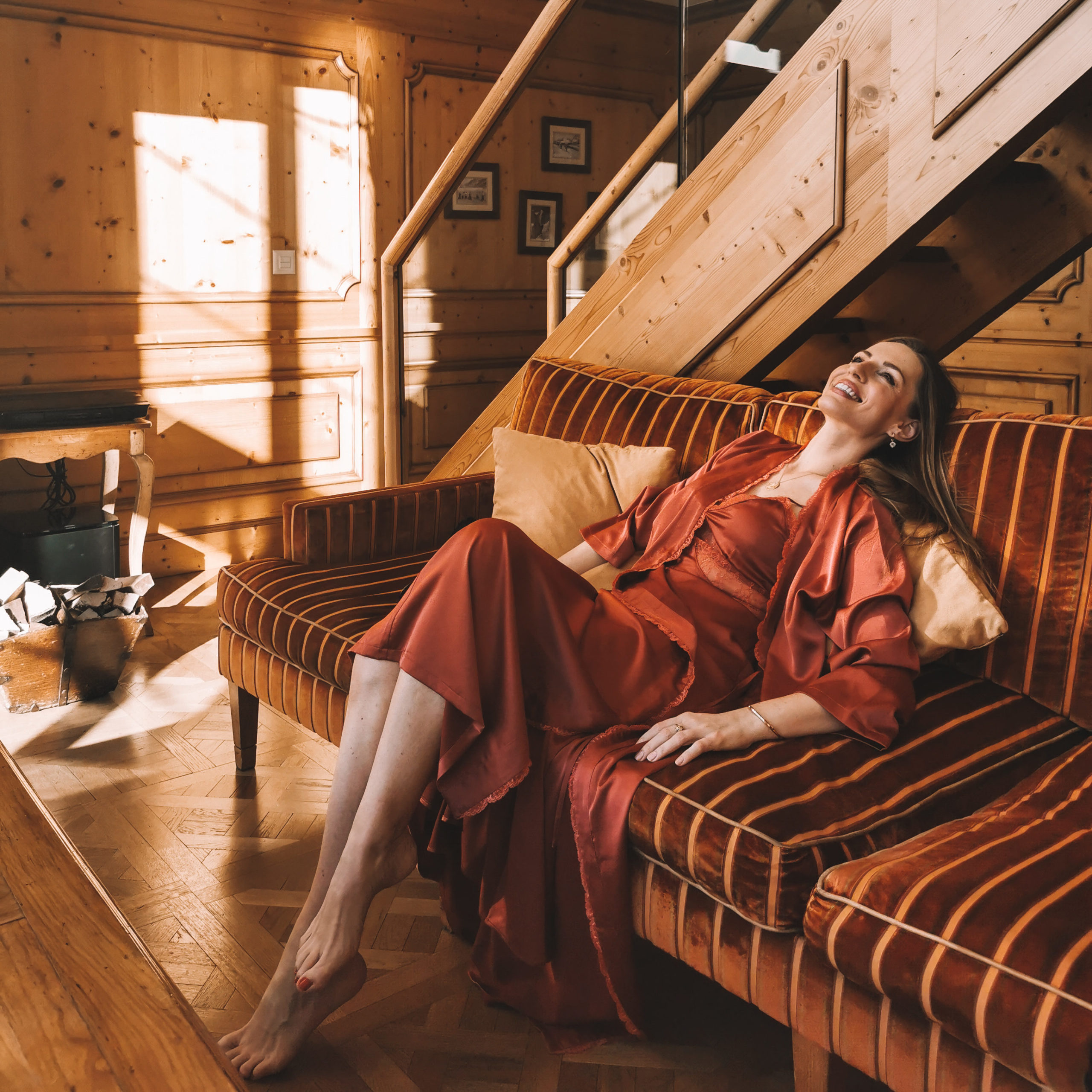
Bella agrees that some brands prefer to have so-called “safe content” referring to the home or other safe locations. Therefore, industries like beauty, health and home-related are booming. Especially, beauty products that are organic, ideal for home self-care routines or health supplements, superfood, sportswear for indoor workouts or different lounge-wear.
“I would say that amount of proposals from that (beauty, health – editor`s note) field is getting saturated.” – says Bella.
Both bloggers agree on the fact that the crises did not have a strong impact on their relations with the brands. Though, they highlighted the valuable content as a key reason, even though some pre-pandemic projects went on pause and new ones are on reconsideration due to the new rules and formats.
“I always tried to pass on information, something that was beyond the look of the day. And many brands realized this during the lockdown.” – says Gisele.
In her small-scale Instagram content, Gisele focuses on engagement with her followers via the stories. Showing her day to day life in a positive and constructive way: teaching how to stay healthy physically and mentally; how to keep a beauty routine at home and so on.
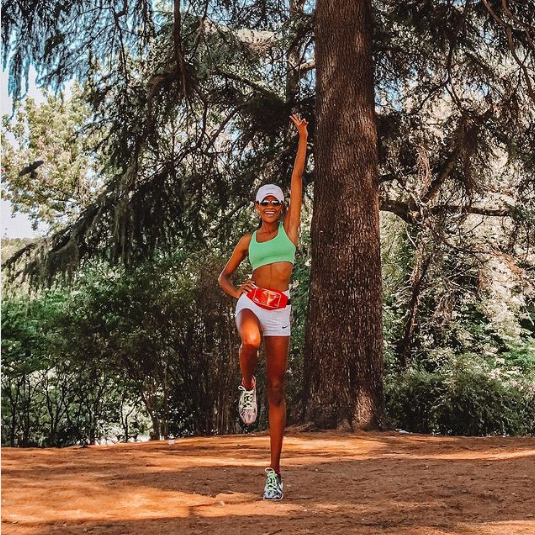
Besides the pandemic crises, the influencer market faces the migration of followers to an alternative to Instagram social media. The appearance of Tik-Tok, Telegram and Club House creates new challenges in order to gain the interest of a new audience.
“I think that the moment people decide to try a new social media platform they spend less time on Instagram. I also know that many people actually moved to Tik-Tok as they find it easier to grow and it can be more fun. Currently, Club House is trending and most of my friends are using it. I personally use only Instagram on a daily basis as my work tool and my blog, however, I am not saying “no” to a trial of a new platform if I will no longer enjoy Instagram as much as I do now.” – says Bella.
“I believe that one network complements the other if the person knows how to use it well. I recently started my Tik-Tok and the content I try to create is aimed at the Italian public. Moreover, my YouTube subscribers show a great interest in this content.” – says Gisele.
Overall, despite some successful cases, influencer marketing in the fashion industry faces an uncertain future: according to The State of Fashion 2021 report last year the fashion industry posted record-low economic profits. However, despite the crises an $8 billion influencer economy unlikely to disappear. On the one hand, fashion bloggers make money through product promotion, sponsored or paid activities like brand events and trips but the tight budgets of the last ones became a game-changer. On the other hand, despite the struggles, social media is still going to drive purchase decisions. In any case, the bloggers most likely will be challenged by the shift in brand choices towards partnerships with broader skillset influencers.
